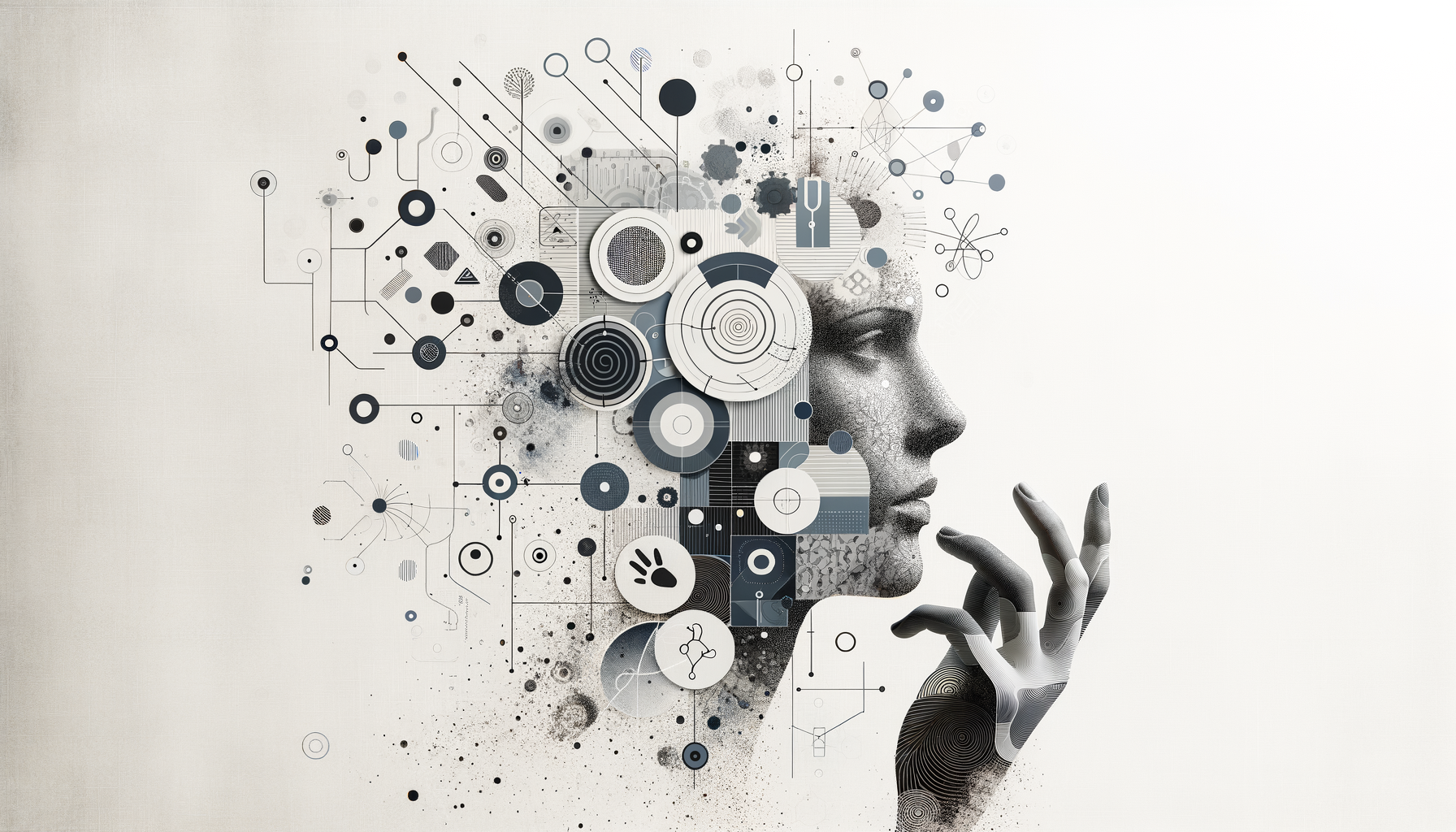The summer I was eight years old, I tripped on an uneven wooden plank down at the wharf and skidded across the barnacles. My knee caught the worst of it, an angry gash that kept bleeding despite my mother’s well-practiced first aid skills. By the end of the ordeal, I had a scar—a jagged, shiny ribbon that still snakes across my kneecap. At the time, it felt like the end of the world. Now, I think of it as one of my favorite conversation starters. Turns out, scars—both the literal and metaphorical kinds—have this uncanny ability to tell stories, make connections, and occasionally throw you into unexpected icebreakers.
Scars Are Time Capsules, Not Trophies
Here’s the thing about scars: they aren’t prettied-up participation ribbons from life. They’re messy, oddly placed, and unapologetically real. You can’t curate the story they tell to make yourself sound cooler. (Trust me, “barnacle attack” doesn’t exactly scream action hero.) Heck, even the sexiest fictional characters tend to have scars loaded with weirdly specific baggage: think Luke Skywalker gleaming with Jedi intensity after losing his hand, or Tyrion Lannister wielding wit sharper than the ax that split his face. They’re not scars of choice; they’re markers of survival.
When it comes to relationships, we’re usually walking treasure troves of scars—physical, emotional, or otherwise. They don’t just exist to commemorate what we’ve endured; they function as shorthand for who we’ve become since. And if you’re wondering which scars to keep guarded or which to share? That right there is part of the magic of building connections: the slow unveiling of the absurd, tragic, and beautiful ways life has shaped you.
Why Scars Make Us Relatable (And Weirdly Attractive)
Now, the romantic aspect of scars is a mixed bag. On one hand, there’s a confidence in owning the quirky (or mildly catastrophic) things that have left their mark on you over time. A casual, “Oh, this? I broke my collarbone learning to surf. Turns out I’m better at digging for clams than hanging ten,” not only makes you memorable, but reveals layers—your love of adventure, your resilience, and your apparent knack for harvesting steamers. On the other hand, being too cavalier feels contrived. Who hasn’t met someone who aggressively leans into their Coachella wrist scar from “that Burning Man debate tent explosion,” and thought, Come on, we get it—you’ve lived!
Here’s the balance: scars, when not held as badges of honor or cloaks of shame, are great common ground. They say, “Hey, this thing happened. It wasn’t great. But here I am.” They carry imperfections that remind us being whole doesn’t mean being untouched.
Metaphorical Scars Matter, Too
Let’s shift to the emotional scars, the kind we avoid talking about unless we’re three margaritas deep or listening to some overplayed 2000s ballad at a karaoke bar. Unlike their skin-bound cousins, emotional scars have an annoying habit of lurking—peeled open by an offhand comment or an Adele lyric. Yet these scars are also stories, if we’re brave enough to tell them.
Take heartbreak, arguably the most universal (and most painfully awkward) emotional scar there is. We don’t walk into relationships waving the banner of every failed love behind us, screaming, “Behold, my unhealed wounds!” But carrying those scars—learning from them, even telling those stories to someone new—is what builds intimacy. That time your college girlfriend bought you a fern because she thought you needed “a hobby that doesn’t involve pirate history” isn’t just a bittersweet memory. It’s proof of where you’ve been, how far you’ve come, and why you now instinctively glance at ferns with a mingling of fondness and disdain.
Scars like those are good reminders that while perfection might attract, imperfection is what sticks.
How to Share Your Scars (Without Oversharing)
Of course, there’s an art to the reveal. Whether it’s a scar on your chin from a youthful misadventure or one etched across your heart from love gone sideways, context matters. Here’s a quick guide to knowing when and how to share:
- Start Light: On a first date, scars can serve as breezy conversation openers. “Funny story—this scar on my eyebrow came from dodging a rogue seagull. Long story short, seagulls hold grudges.” If you can laugh about it, you’ve already won.
- Read the Room: Before diving into a deeper emotional scar, gauge the sense of connection. Is the vibe playful? Reflective? Ideally, it’s mutual. Sharing your most vulnerable stories to someone who’s checking their phone for the latest sports scores is, uh, less than ideal.
- Show Control, Not Denial: Own your story without letting the scar define you. There’s a difference between saying, “This scar shaped me” and “This scar controls me.” Frame your trials in a way that highlights your growth, not your grudge.
When in doubt, keep it intentional. Nobody’s expecting a full-blown TED Talk on first-date anxieties by round two of appetizers.
Cherish the Stories They Tell
Back on Nantucket, scars are something of a running gag among the locals. Between clumsy clammers, excitable kids scaling rocks, or hapless tourists with too many Dark ’n’ Stormys in their system, everyone has their own tales of injury and triumph. And the truth is, those stories—no matter how unpolished—add depth to who we are.
The same is true in dating and relationships. Scars, whether they’re barnacle-induced or born from the long shadow of unrequited love, give us texture. They’re hiccups and milestones, thrown together into the beautiful mess of being human. Lean into them. You’ll find that the stories that make people stick around aren’t the ones where you’re untouchable, but the ones where you’re unmistakably, endearingly real.
Your scars don’t make you broken—they make you relatable. So wear them with care, share them with thought, and, above all, trust that they’re not something you have to hide. Because the greatest connections? They’re built on honesty, laughter, and maybe just the right amount of barnacle grit.




















